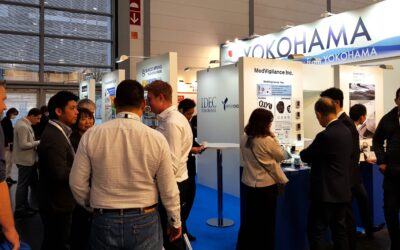Iwao Kobayashi, Code for YOKOHAMA, Joint Representative
Iwao Kobayashi works with Code for YOKOHAMA, a local volunteer organization that promotes public IT initiatives. Kobayashi also provides consulting services for IT companies on design and implementation of systems, planning and production of websites, etc.
This article was originally uploaded in Japanese on August, 2018.
We use AI to create opportunities and networks through which we can think about how to solve various, complex regional issues. It will likely be necessary for governments in the future to increasingly use AI to engage with their citizens, but there will similarly be a need for the citizens themselves to work to increase their own quality of life, rather than relying solely on the government to accomplish that for them.
Last year I visited Barcelona, which is an advanced smart city already outfitted with various tech-based QoL enhancements—For example, city trash receptacles have built-in sensors that can report for collection when full. By monitoring air and sound pollution in the city and sharing that data with citizens, the government has set up the opportunity for citizens and the private sector as a whole to weigh in on possible solutions. Open-source methods such as this are also markedly efficient cost-wise. I believe similar initiatives are possible in Yokohama as well.
Solving social issues is a business opportunity
In the age of the internet and as information becomes more shared and open-source, practical restrictions on digital innovation are reduced virtually entirely, and creating new innovations off of existing, available ideas is incredibly simple. The possibilities are virtually endless.
For example, while creating a new service, we can always just hook up one of Google’s products to our website; it is remarkably easy to simply add a Youtube video or embed a Google Maps view into a page to enhance the user experience. In the realm of IT, implementing “Open Innovation” is just a snap of the fingers. The premise here is that, as opposed to coming up with an innovative idea in the first place, turning that idea into reality is the fast part.
For Yokohama, there is a lot of effort in making data publicly available, but not much of that data is easy to use yet. For an analogy, in Singapore, after registering their email address and agreeing to Terms and Conditions, citizens can actually access a network of public security cameras. But if someone wanted to actually analyze that data, that is, I think, the step in the process where it would become difficult if this were Yokohama. I want to bring Yokohama to the level where data is both publicly available and easily processed.
There’s always a lot of worrying about the risks of making data publicly available, but often overlooked is the possibility that open data can naturally lead to the creation of new competitive businesses.
Currently Wifi is widespread and various sensors are already spread throughout the city. If we can find a way to utilize the data from these assets while steadfastly protecting individual privacies at the same time, it might well translate into the generation of new services and marketing for citizens. In the end, I think we need to view the solution of social issues as a business opportunity
To be scalable and sustainable, an economy must have a strong circulation of capital. So I’m very glad that the large corporations collected around Yokohama’s waterside districts are investing in startup ventures.
To be honest, Yokohama’s IT market is not as large as it could be at the moment. By diversifying and expanding the IT industry in Yokohama, I believe more people will come live, work, and spend money in Yokohama, which will directly add to the economy.
The government can also utilize the speed and specialized expertise of the IT-oriented private sector for research and making proposals. For example, I’ve heard that some local governments are reducing stress on nursery school teachers and staff by using AI to help process the application process and waitlist priorities.
If Yokohama helps spread the word that IT can be used to enrich this city for everyone living in it, it can differentiate itself from other Japanese cities, and attract businesses and new startups.
Profile
Iwao Kobayashi, Joint Representative, Code for YOKOHAMA
Code for YOKOHAMA is a volunteer organization, established in 2015, for IT-related businesses and their workers that live or work in Yokohama. Last year (Editor’s note: 2017) Code for YOKOHAMA created a VR Application to the view the interior of the under-construction new city hall building using publicly-available plans and information. The organization has also run many experience booths at local public events. Mr. Kobayashi is the vice president of Info Lounge LLC, which is closely connected with Code for YOKOHAMA, and also provides consulting services for IT companies on design and implementation of systems, planning and production of websites, etc.
Original Article: https://yi.city.yokohama.lg.jp/article/21/
Learn more:
Yokohama’s Innovative Culture
Read more of our Innovation Interview Series
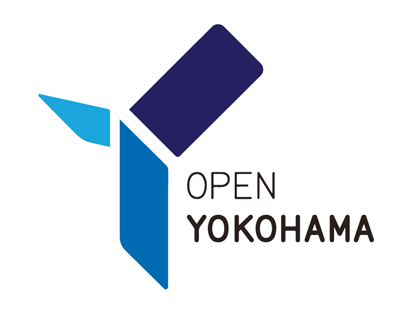
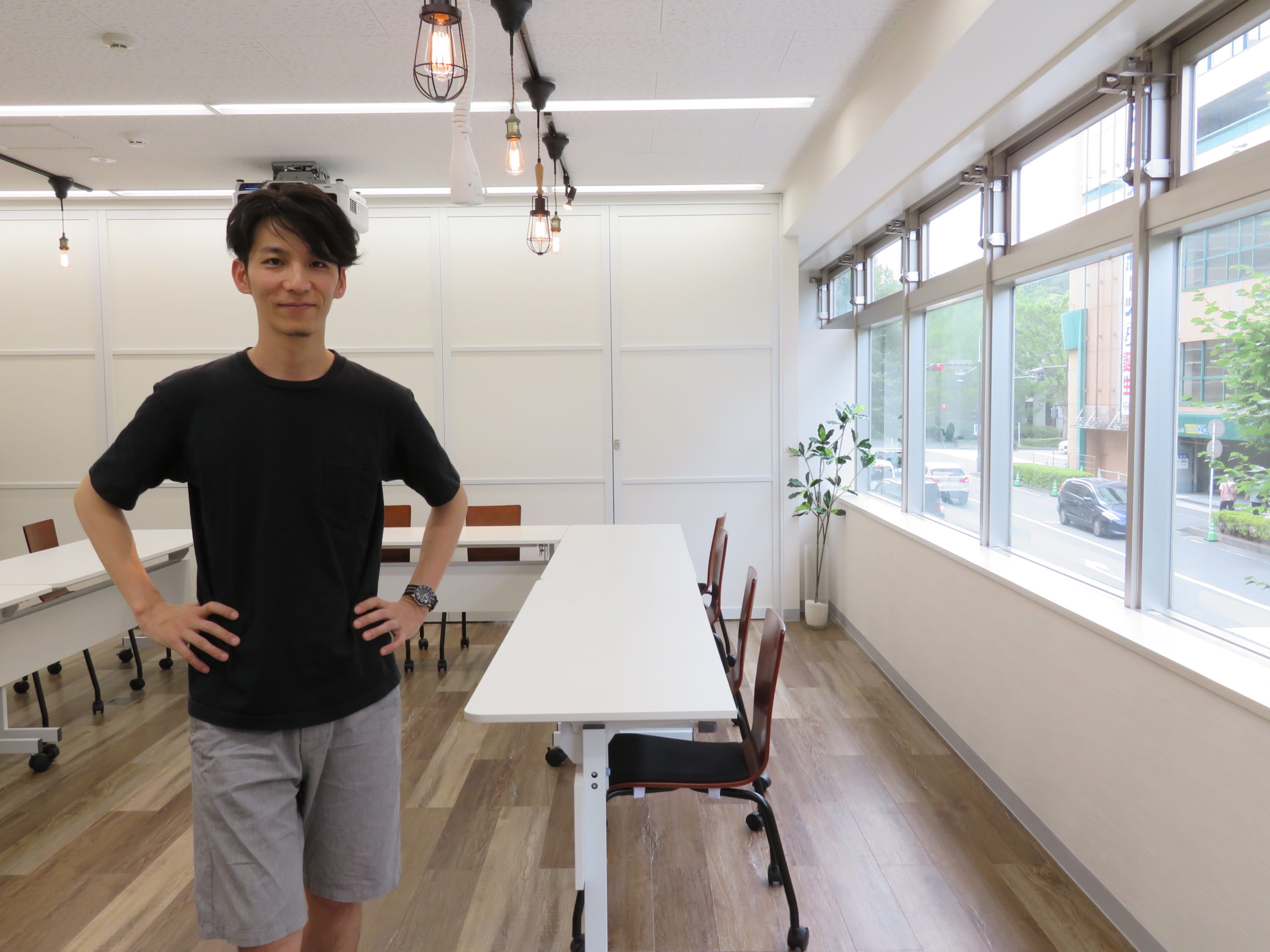
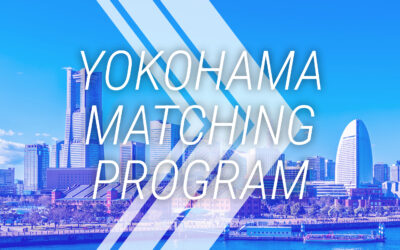
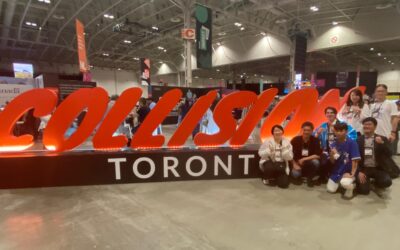
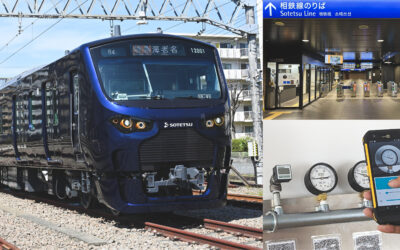
-400x250.jpeg)
